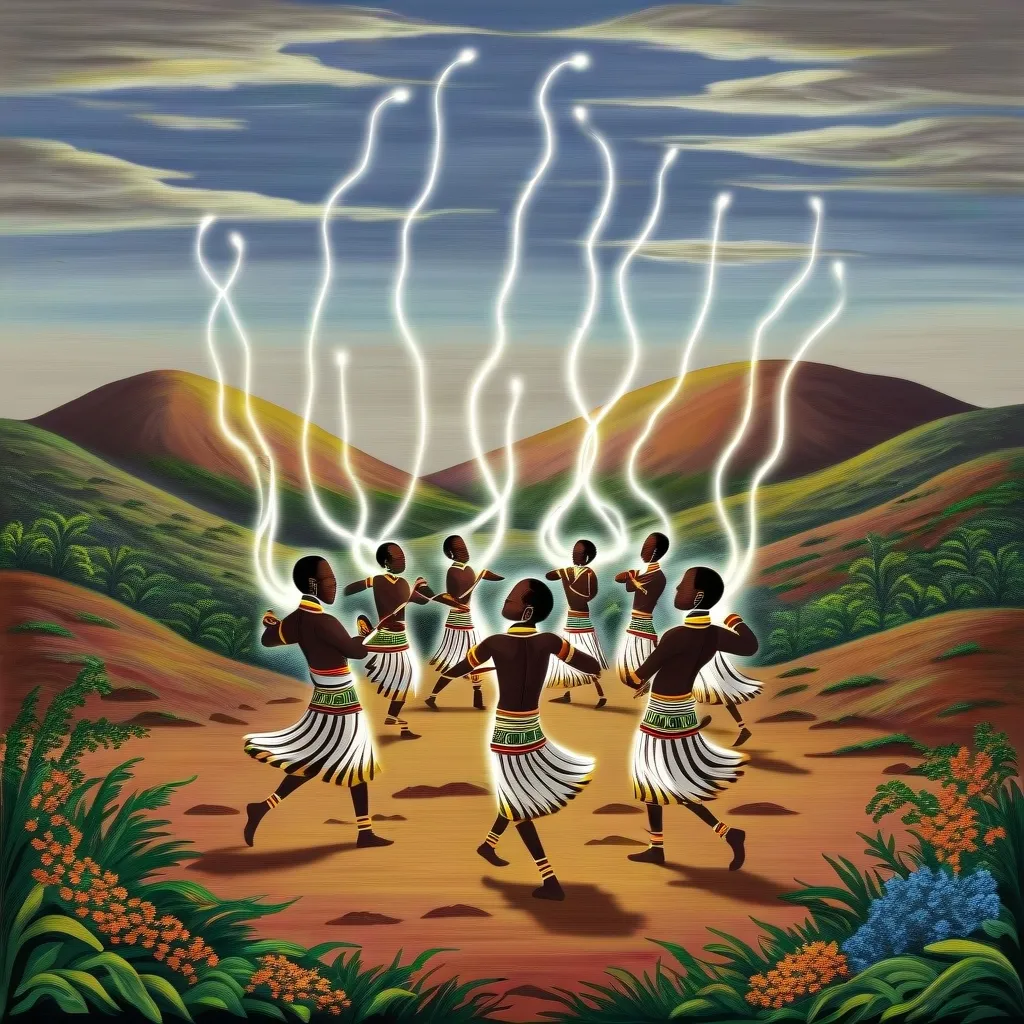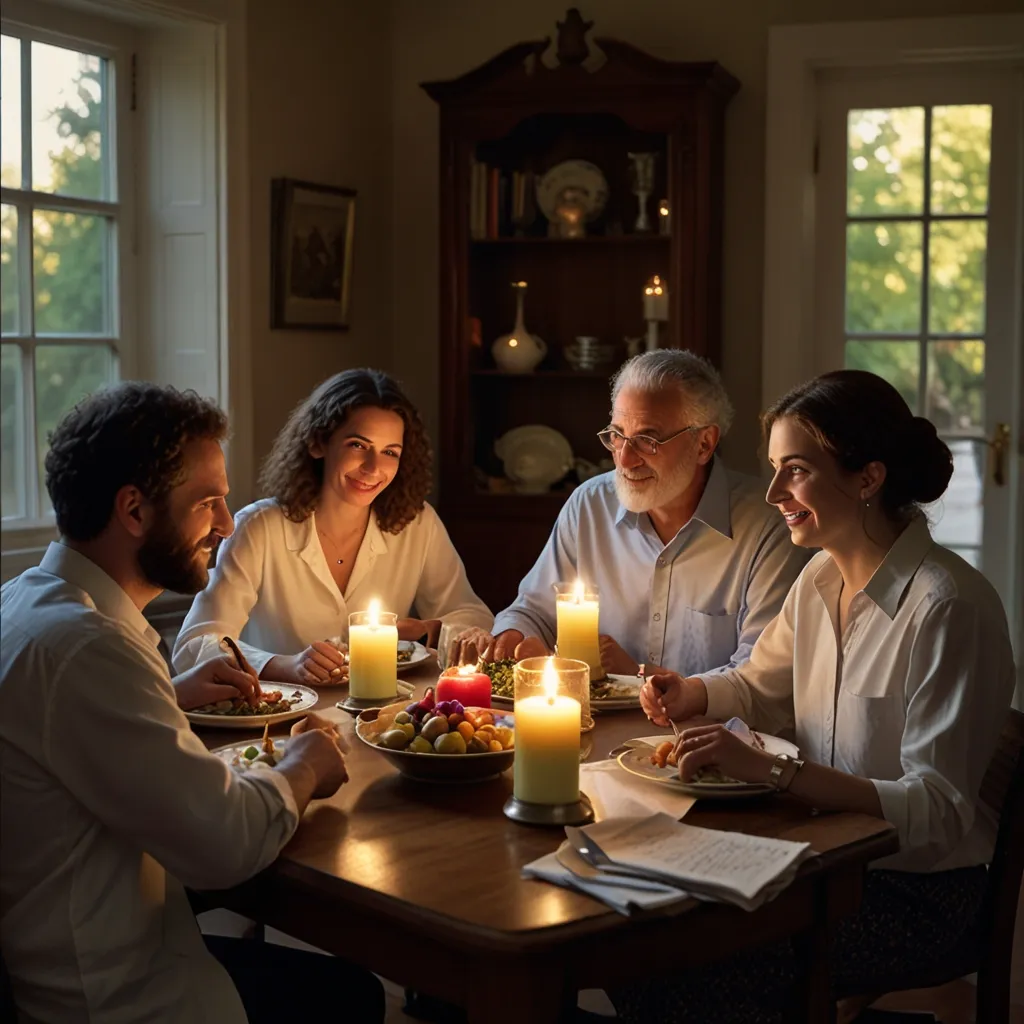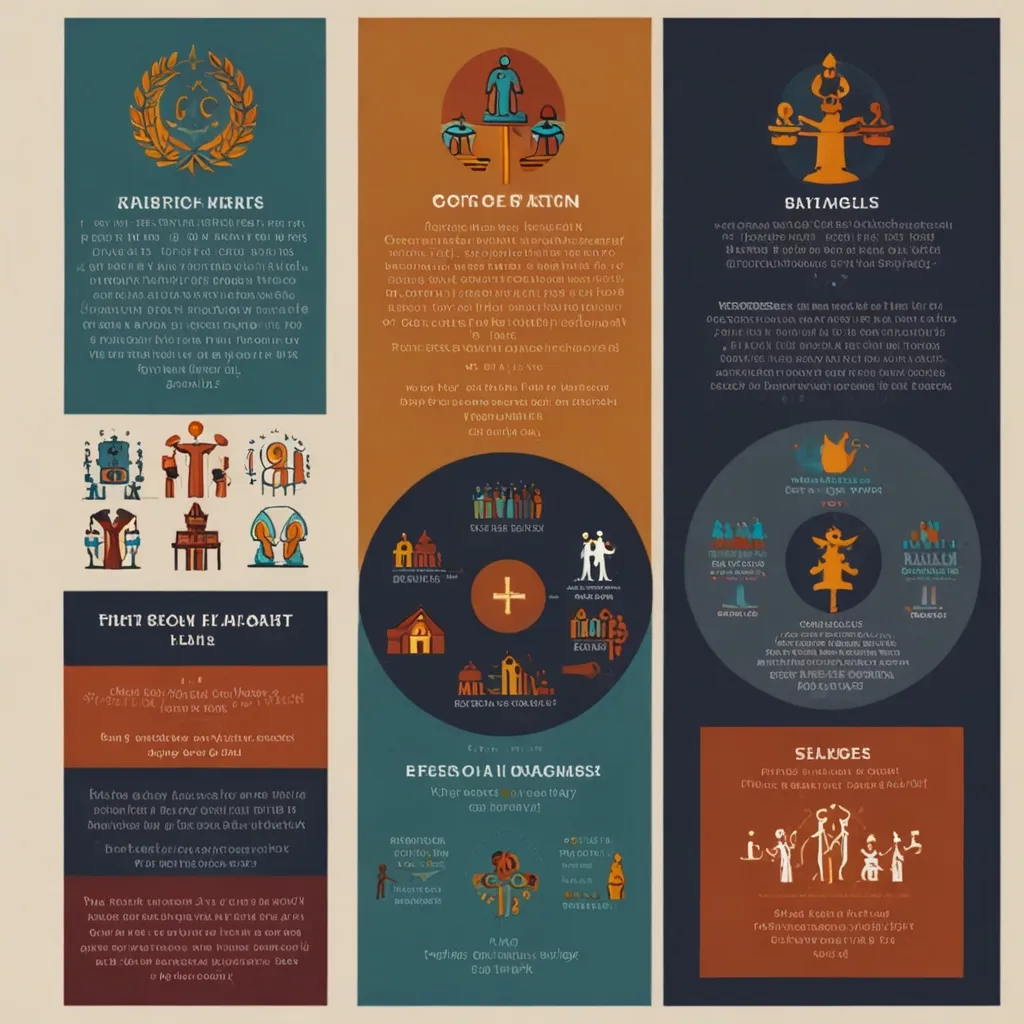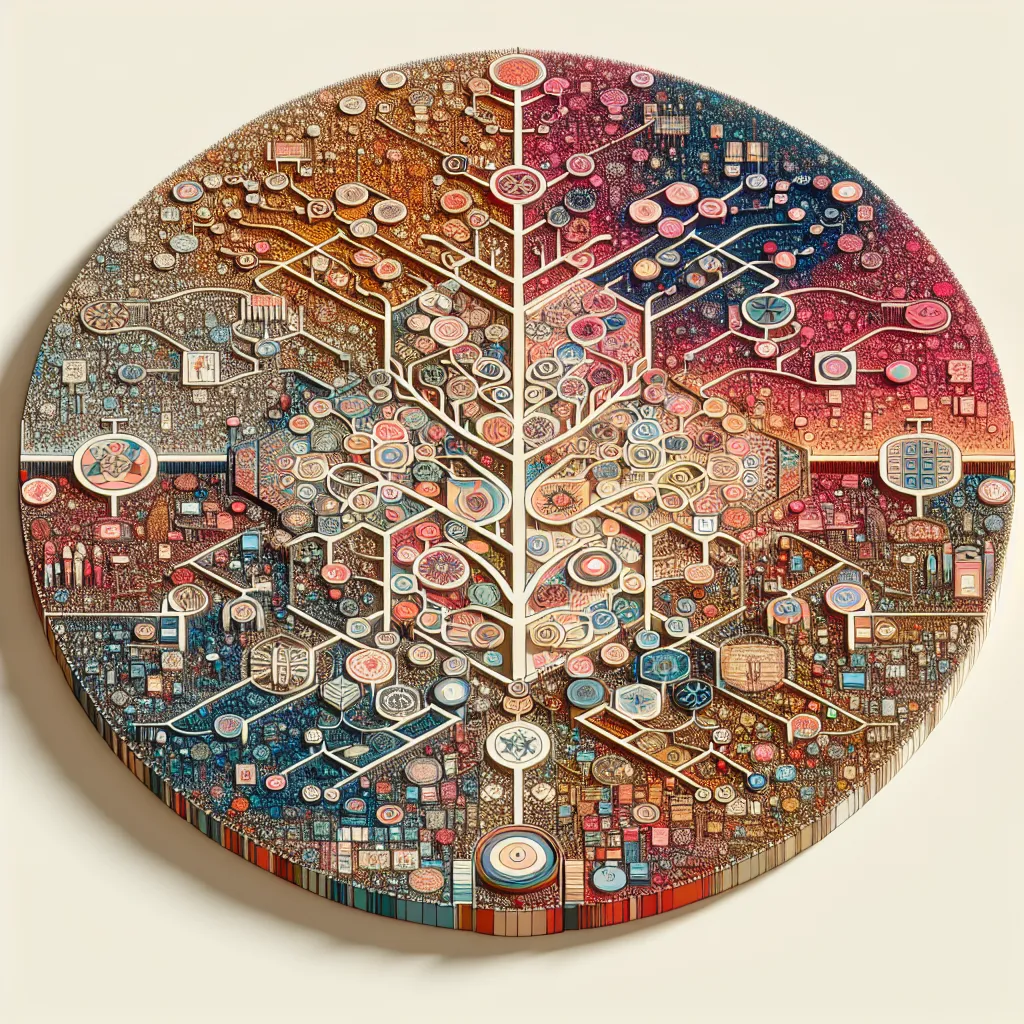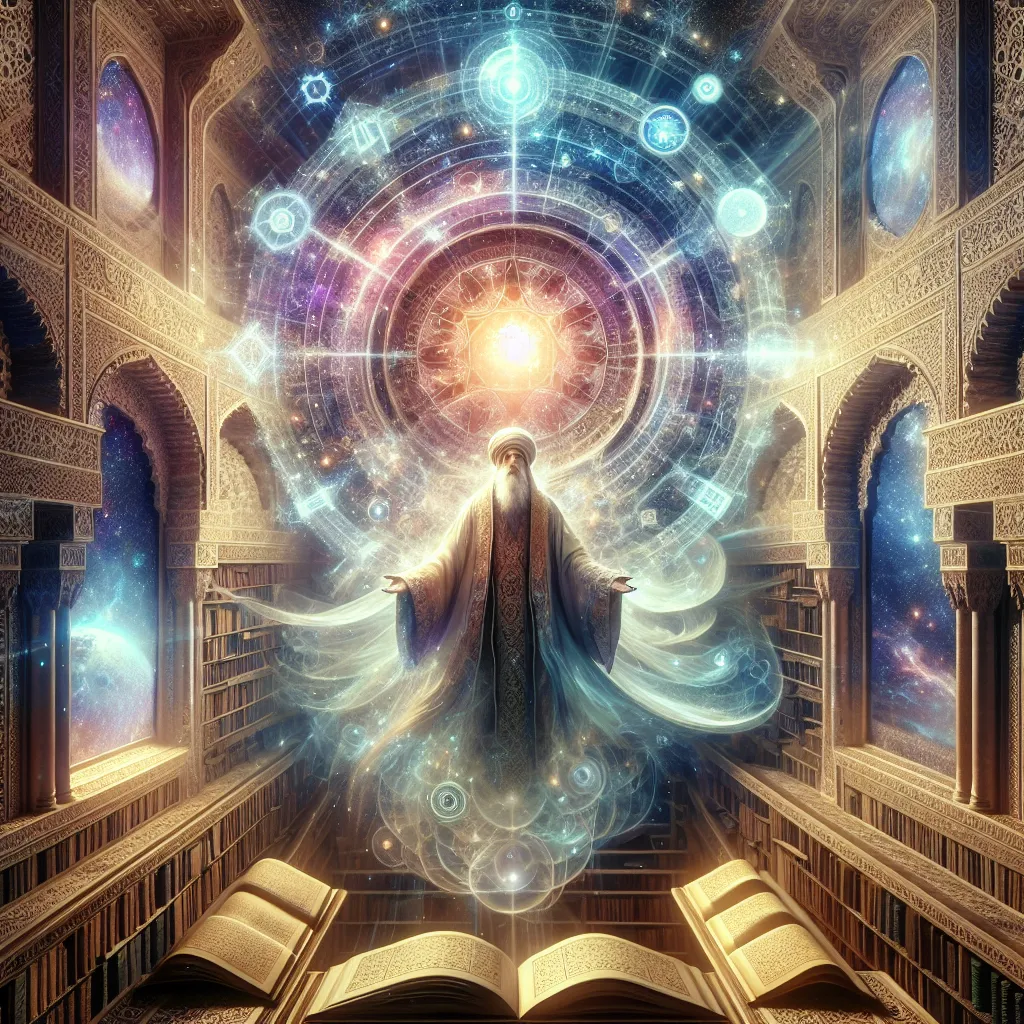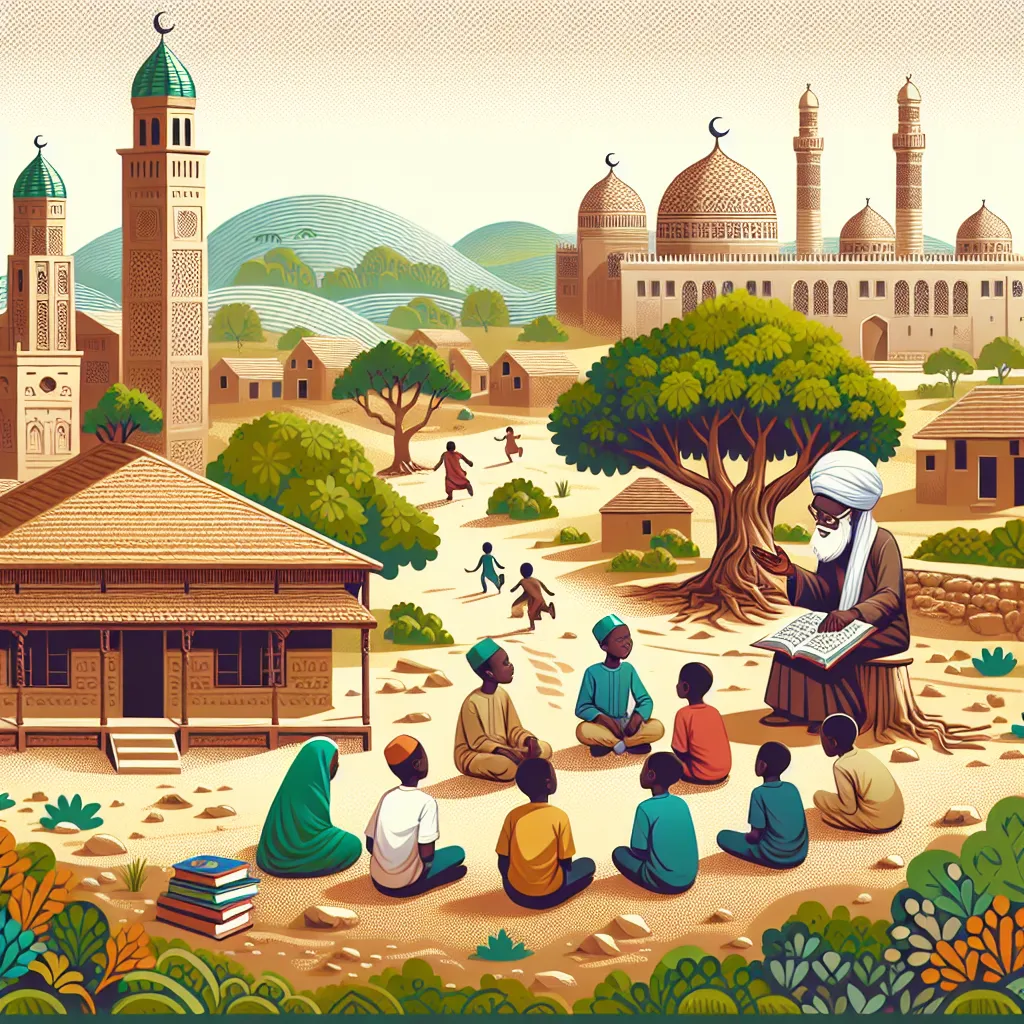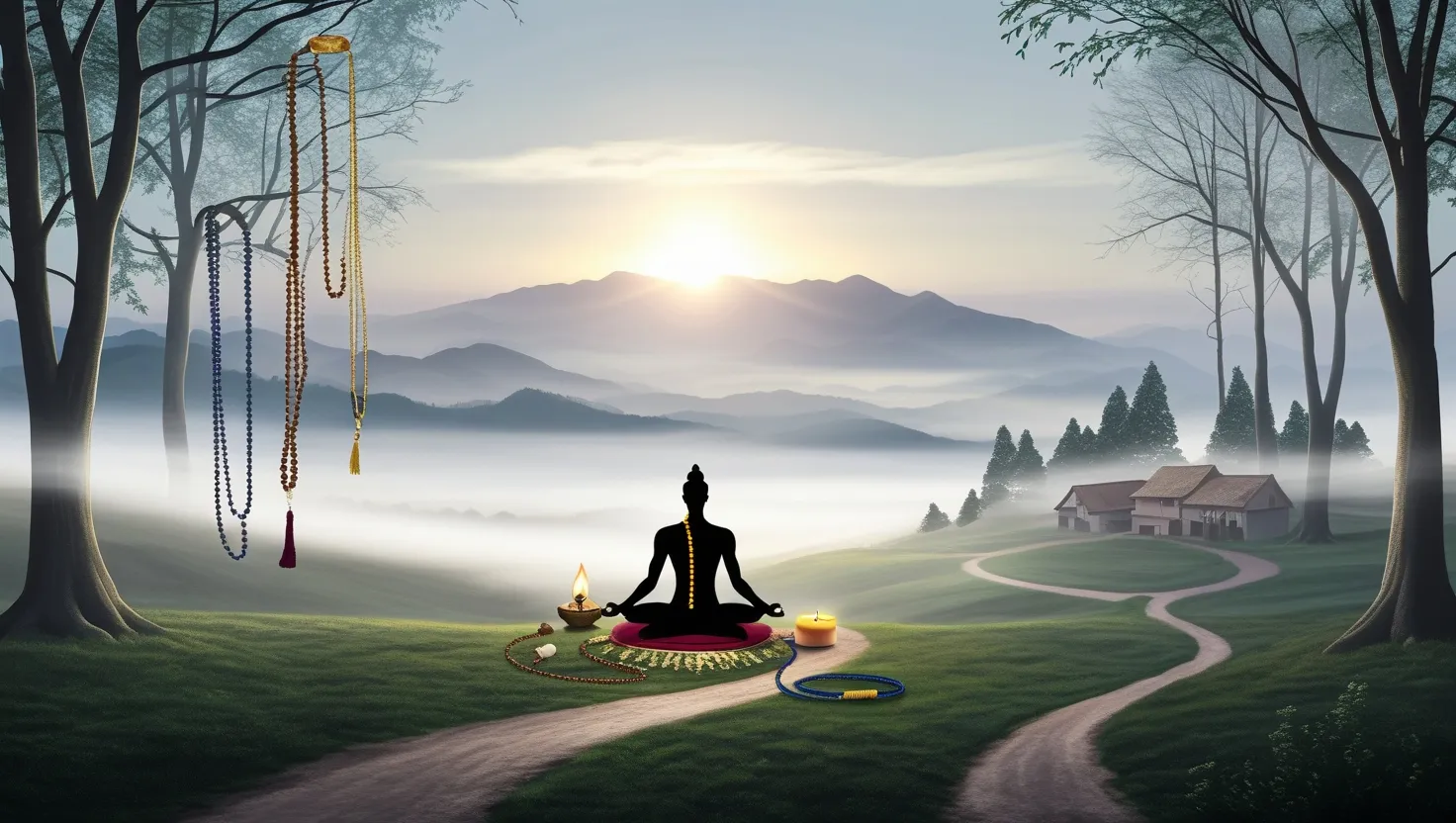Nestled within the vibrant landscapes of South Africa, the Zulu tribe treasures a spiritual tapestry that’s as colorful as it is intricate. This spiritual world is predominantly governed by the esteemed ancestors who hold a significant role in the lives of the Zulu people. Guiding, protecting, and influencing, these spiritual entities are woven deeply into every thread of daily life.
Unkulunkulu: The Supreme Architect
Imagine a deity so grand that direct worship isn’t even on the cards. Welcome to the grandeur of Unkulunkulu, the Zulu people’s own supreme being. Unkulunkulu is revered as the creator of all existence, the ultimate source of power, knowledge, and wisdom. In a twist that sets the Zulu apart from many other beliefs, the Zulu people don’t directly worship Unkulunkulu. Instead, they see this divine force as far removed from mundane human affairs, leaving the day-to-day spiritual business to the ancestors.
Conversations with the Ancestors
Due to Unkulunkulu’s distant nature, the Zulu look elsewhere for immediate spiritual guidance. Enter the amadlozi or abaphansi, the respected ancestors. These spirits are the meditative guides residing in their spirit world, believed to bridge the gap between the earthly Zulu and the lofty heights of Unkulunkulu. The ancestors provide solace and oversight to their living descendants, caring deeply for their well-being.
Interestingly, the ancestors manifest their presence in dreams, signs, visions, and sometimes through physical occurrences like illness or strange animal appearances, like that of a snake. This connection to the spirit world is rooted deep within the language itself, with ‘amadlozi’ coming from ‘dloza’, which means “to care for.”
Rituals: The Dance of Ancestral Reverence
The Zulu’s spiritual world is orchestrated by rituals that keep the conversation with ancestors alive and well. The community conducts rituals with regularity and fervor, seeking ancestral approval for life’s significant moments. These moments of connection are serious affairs, for when fortune smiles, it signals the ancestors are pleased. On the flip side, misfortune may indicate ancestors turning away, prompting the need for reflection and reconciliation.
Central to these rituals are sacrifices, a profound means of honoring and communicating with ancestors. Rituals such as ukubonga ring with gratitude, celebrating bounty and health through offerings, while ukuthetha seeks to address any calamity or misfortune with more solemnity.
Life, Death, and Ancestral Legacy
Death, within the Zulu paradigm, is not a final farewell but a spiritual transition. On passing, a person’s isithunzi or essence becomes an ancestral being. However, this shift is no overnight affair. It requires a meaningful ceremony called ukubuyisa, which harmonizes the isithunzi with the community of ancestors. Until this rite, the spirit meanders, waiting to find its rightful place among the hallowed ancestry.
Ancestral Influence in Everyday Life
At times of crossroads and critical decisions, the Zulu turn to the ancestors for wisdom and guidance. This venerable line of communication flows through diviners or sangomas, who stand as spiritual mediums, decoding ancestral messages. The reverence in these interactions is profound, with ancestors being addressed with titles such as makhosi and ubukhosi, denoting authority and respect.
Modern Footprints in Traditional Sand
Despite the sweep of modernity, the earnest veneration of ancestors thrives. Christianity, a global faith, permeates many Zulu lives, yet it dances effortlessly alongside traditional practices. Many Zulu Christians traverse both worlds with ease, drawing spiritual strength from both Sunday hymns and ancestral whispers. This blend culminates in the formation of hybrid spiritual groups like the Ibandla lamaNazaretha or Shembe Church, melding Christian elements with ancestral wisdom.
Nature and Ancestral Forces
The Zulu belief system is a symbiotic relationship between humanity and nature, with ancestors orchestrating the forces of the natural world. Reflecting a philosophy where the spirit and physical worlds are inextricably linked, the ancestors are seen as maestros maintaining harmony and balance, ensuring the good fortune of the living clan.
Ensuring Spiritual Safety
Protection from malevolent forces and sorcery is another dimension of Zulu spirituality. Witches and sorcerers are believed to loom, suggesting a need for constant vigilance. Protective amulets known as Ama-khubalo are adorned, and rituals purging evil are enacted to shield against harm. In these practices, sangomas reign supreme, dispensing spiritual and medicinal wisdom.
A Living Legacy
The Zulu spiritual vista, draped in ancestor reverence and vibrant rituals, remains a steadfast constant despite the cascading changes time brings. Ancestors carve out a path for the living, acting as guides and confidants. Even as the world encroaches and evolves, the Zulu’s connection with their past—the ancestral heartbeat—keeps alive a rich and resilient identity. It’s a reminder that the pulse of history beats within, as the Zulu carry their traditions forward, coloring each day with the warmth and wisdom of those who walked before.
